What Is China’s Plan on the Middle East?
Xi Jinping’s meetings with Israeli and Palestinian leaders in May 2013 have as much to with Israel and Palestine as it does with the United States whose diplomacy with these countries is not looking...
Xi Jinping’s meetings with Israeli and Palestinian leaders in May 2013 have as much to with Israel and Palestine as it does with the United States whose diplomacy with these countries is not looking...

On Monday, within hours of the announcement that Chinese President Xi Jinping will meet U.S. President Barack Obama on a visit to...
Despite growing military might, China’s economic interdependence with the United States and the rest of Asia would probably prevent a full-blown military or even Cold War-style conflict.
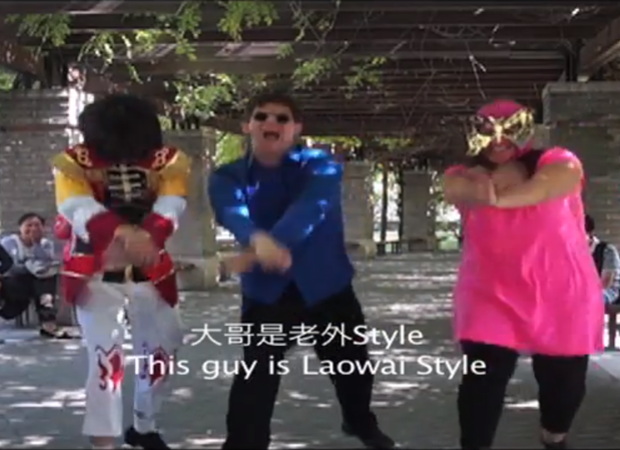
Feel that your jokes have been falling flat lately? Enough that you’ve even started wondering whether China is a grand experiment in irony and deadpan humor? This week on Sinica, hosts Kaiser Kuo and Jeremy Goldkorn are delighted to invite guests...
The People’s Republic of China (PRC) continues to pursue a long-term, comprehensive military modernization program designed to improve the capacity of its armed forces to fight and win short-duration, high-intensity regional military conflict....
The United States, as a treaty ally of Japan but with vital strategic interests in fostering peaceful relations with China, has a major stake in averting a clash between the two forces and resolving the dispute, if possible....
More crosscutting dialogues are in order, more effort needs to be directed at concrete steps, not just talk, and both sides must be more creative about how to get senior leaders more time together to engage on 21st-century challenges....
Current and former officials said the offensive shift turned on two developments: new intelligence showing the Chinese military directing cyberspying campaigns, and a sudden change in U.S. companies’ willingness to acknowledge Chinese...
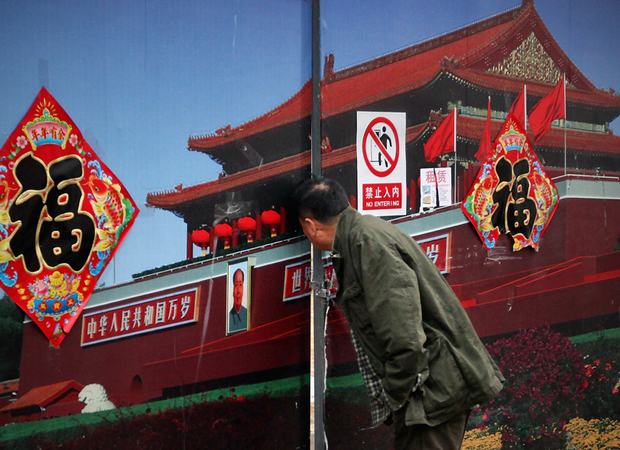
Winston Lord, former United States Ambassador to China, tells us he recently hacked into the temples of government, pecking at his first-generation iPad with just one finger—a clear sign that both Beijing and Washington need to beef up their ...
China will send its special envoy on North Korea to the United States next week for talks on maintaining peace and stability on the Korean Peninsula, the foreign ministry said on Friday.

In the 1950s, the late John King Fairbank, the dean of modern China studies at Harvard, used to tell us graduate students a joke about the allegation that a group of red-leaning foreign service officers and academics—the four Johns—had...
Kerry believes that the instability created by Pyongyang’s belligerence is enough to push China to intervene more thoroughly; if China does not, Kerry says the U.S. will open direct talks with North Korea.
Mr. Kerry suggested that the United States could remove some newly enhanced missile defenses in the region, though he did not specify which ones. Any eventual cutback would address Chinese concerns about the buildup of American weapons...
On April 13, 2013, when John Kerry pays his first visit to China as the U.S. secretary of state, North Korea will be at the top of his agenda, with Iran’s nuclear program and cyberattacks also extremely important.
Washington is keeping a watchful eye on China’s activities in space after an intelligence report last year raised concerns about China’s expanding ability to disrupt the most sensitive U.S. military and intelligence satellites....
Some are speculating that China is trying to ensure that U.S.-North Korean relations remain terrible, as they are, therefore increasing its influence over the region, politically, economically and strategically.
San Francisco’s courting of Chinese partnerships contrasts with Washington suspicion towards China. Last year the House Intelligence Committee urged U.S. firms to avoid partnering with Chinese telecom firms, to safeguard customer data....
Beijing appears to prefer the devil it knows, in the shape of the unpredictable Kim family regime, to the uncertainties, and perhaps American influence, that a reunification on the Korean peninsula could bring, but that seems to be changing...
An infographic from the U.S.C. U.S.-China Institute illustrates well just how outgunned China (and everyone, generally) is by the U.S., regarding firepower, nuclear warhead counts and even the balance of power in the Taiwan Strait....
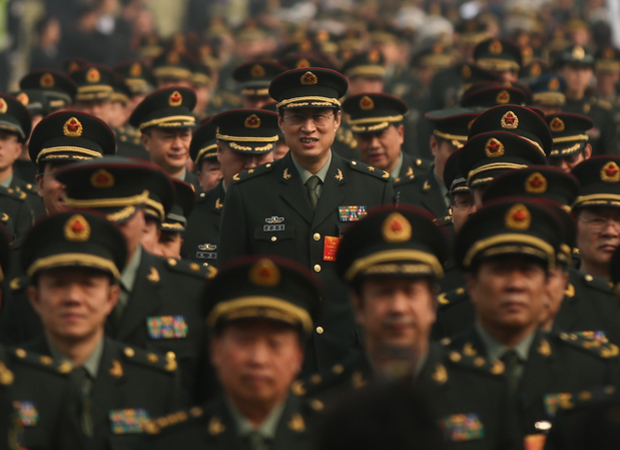
Is Sina Weibo, China’s Twitter, turning into a new war zone? Dai Xu, a colonel in the Chinese Air Force and military strategist, thinks so.
“A month ago, a pseudo-Japanese devil [derogatory term for pro-Japan Chinese] at Shanghai’s Fudan...
The new provision following recent cyberattacks requires NASA, as well as the U.S. Justice and Commerce Departments, to seek approval from national law enforcement officials before buying information technology systems from China....
The 2012 U.S.-China Museum Directors Forum, organized by Asia Society and the Chinese People's Association for Friendship with Foreign Countries, brought together 17 Chinese and 15 American museum leaders for a two-day dialogue to assess common...
For much of the past century, U.S. relations with Tibet have been characterized by kowtowing to the Chinese and hollow good wishes for the Dalai Lama. As early as 1908, William Rockhill, a U.S. diplomat, advised the Thirteenth Dalai Lama that “...
For the past decade, the U.S. has been nonchalant and complacent about China’s “invasion” and lightning-fast penetration of Africa, but the U.S. is finally reading the memo.
During the turbulent Maoist era from the 1950s to 1970s, China clashed militarily with some of its most important neighbors—India, Vietnam, the Soviet Union—and embarked on disastrous interventions in Indonesia and Africa. But by the 1980s, Deng...
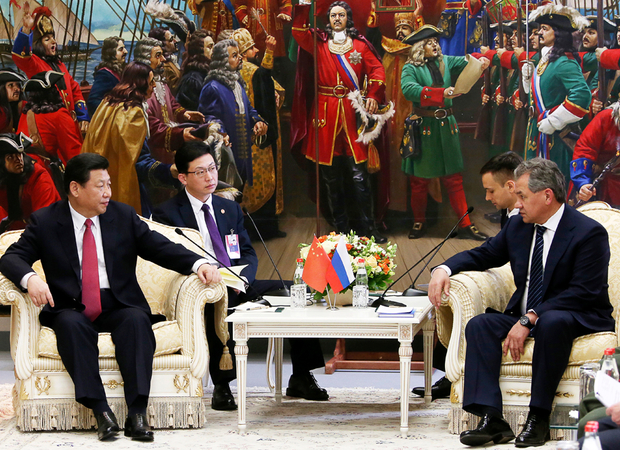
Xi Jinping’s trip to Moscow earlier this week, his first journey abroad as China’s new Head of State, has raised interesting questions about China’s ambitions in Asia, and coupled with Washington’s “pivot to Asia” is resurrecting the specter of a...
Recently appointed U.S. Treasury Secretary discussed exchange rate, intellectual property, cybersecurity, and North Korea in his first meeting with Xi Jinping and the rest of the newly appointed Chinese leadership.
Will Xi’s late March 2013 trip to Vladimir Putin’s Russia -- a bastion of authoritarian state capitalism -- symbolically define China’s path ahead, like Deng’s 1979 U.S. tour?

China’s real estate prices continue to skyrocket despite government efforts to rein them in to prevent a dangerous housing bubble. On March 5, American television network CNBC invited two analysts to debate the state of the sector. But when Peter...
Personnel changes for State Councilor, Foreign Minister-designate, and ambassador to the U.S. suggest that China wants to improve the optics of its relationship with the United States, if not the substance.
As China's economic and defense tactics appear to become more and more successful, David Brooks expects other countries' policies will start to resemble them, whether or not they run counter to our principles.
Familiarity with citizen voices abroad, and the ability to leverage grassroots sentiment to amplify diplomatic impact, is a vital prerequisite for Washington’s unique brand of engagement.
The United States and China introduced a resolution that would tighten inspections of suspect ship and air cargo and subject the country’s diplomats to invasive scrutiny and increased risk of expulsion.
The Chinese missiles were part of a larger shipment interdicted by American and Yemeni forces in January 2013, allegedly intended for Houthi rebels in northwestern Yemen.
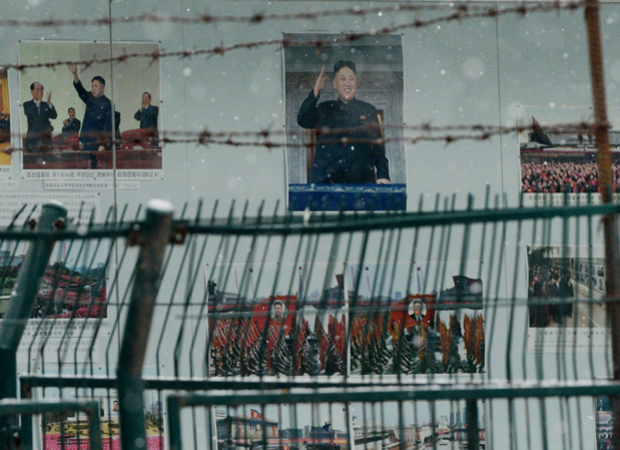
Orville Schell:
What may end up being most significant about the new draft resolution in the U.N...
James R. Holmes looks at the applicability of a Cold War analogy in regards to U.S.-China and China-Taiwan relations.
At Secretary of State Kerry's confirmation hearing he stressed more on coordination rather than confrontation in foreign relations, especially when it came to China.
Well-known U.S. newspapers including the Wall Street Journal and the Washington Post have raised the eyebrows of many Chinese recently in their two questionable reports on sensitive China-related topics.
Chinese hackers believe the most pervasive of of all Washington legends: that everything that happens in D.C. fits into somebody’s plan. Because in China, it would be like that. Not in our nation’s capital.
The early 2013 cyberattacks and the U.S. government’s response illustrate how different the cyber-cold war between the U.S. and China is from the more familiar superpower conflicts of past decades.

Former U.S. Secretary of Defense Harold Brown served during the hottest part of the Cold War when the Soviet Union presented an existential threat to America. In Star Spangled Security, Dr. Brown, one of the most respected wise men of American foreign policy, gives an insider’s view of U.S. national security strategy during the Carter administration, relates lessons learned, and bridges them to current challenges facing America.
While the story presented fresh evidence of Chinese hacking, the aftermath presents more questions than answers about U.S.-China relations, as well as the connection between U.S. media and Chinese government.
The accumulated evidence should retire the old notion that China’s most sophisticated hackers are just patriots freelancing from their parents’ basements.
Geng Yansheng, a spokesman for the Ministry of National Defense, says “The claim by the Mandiant company that the Chinese military engages in Internet espionage has no foundation in fact.”
Is this recent hacking really something new? Or merely our "threat inflation,"* cued both to the impending sequestration menace and February 2013 SOTU mentions of new efforts in cyber-security?
Obama administration officials acknowledged that China’s involvement in cyber-attacks is a near-constant subject of conversation between the nations’ officials but that there have been few signs that China is willing to stop the attacks.
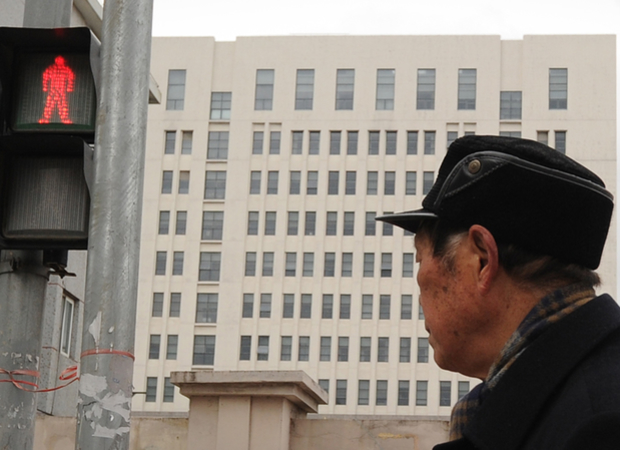
As The New York Times reported yesterday evening, U.S.-based cybersecurity firm...
A secretive Chinese military unit is believed to be behind a series of hacking attacks, prompting a strong denial by China and accusations that it was in fact the victim of U.S. hacking.
Official Chinese and American trade data indicate China passed the United States last year in total imports and exports by a margin of $3.866 trillion to $3.822 trillion.
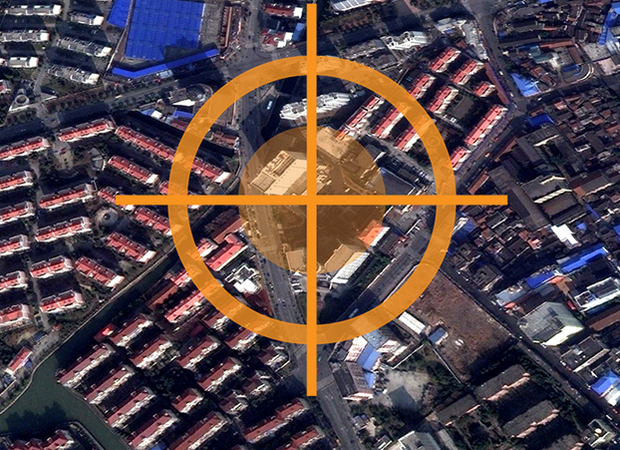
With regular ChinaFile Conversation contributor Elizabeth Economy on the road, we turned to her colleague...
Some Obama advisers have recommended harsh action to send a clear signal to China to change its ways. But even if the Americans retaliate, China is unlikely to respond as they might hope.

Last month, Apple Inc. released its updated list of suppliers. This report says it includes “the major manufacturing locations of suppliers who provide raw materials and components or perform final assembly on Apple.” ChinaFile used this data to...
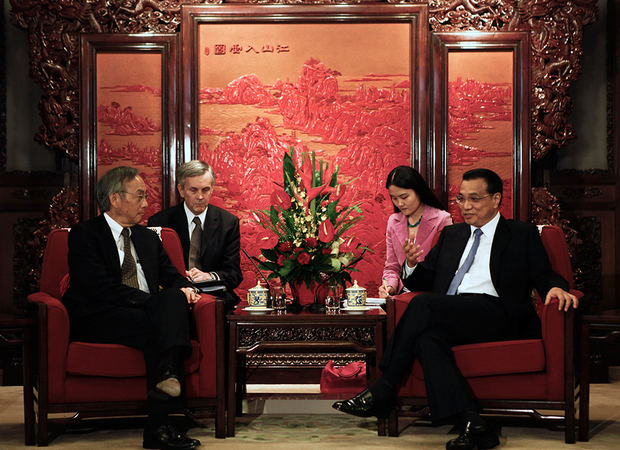
In his second inaugural address, President Barack Obama committed to confronting climate change, stating, “The path towards sustainable energy sources will be long and sometimes difficult. But America cannot resist this transition; we must lead...
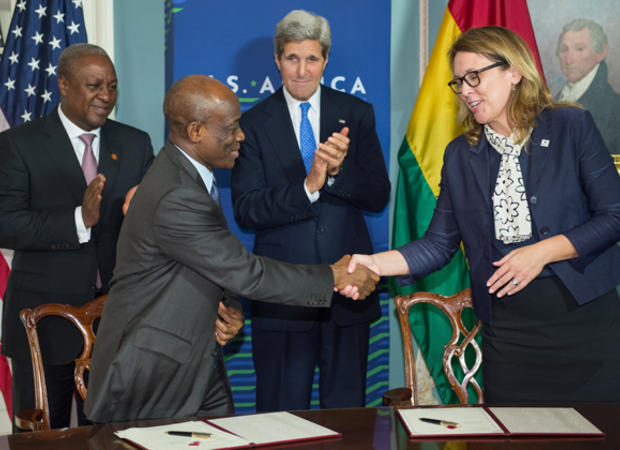
In this episode of the China in Africa Podcast, hosts Eric Olander and Cobus van Staden focus on Delaware Senator Chris Coons' warning that unless the United States places a greater emphasis on Africa, it will be too late to catch up to the...